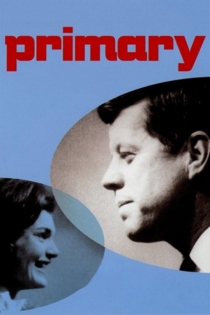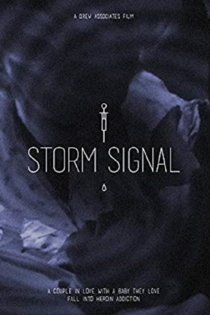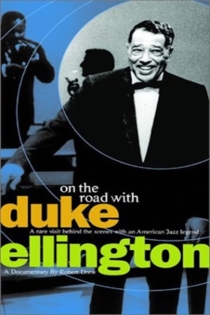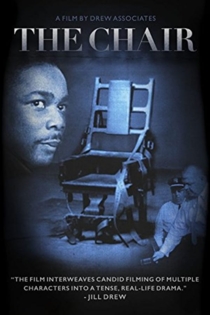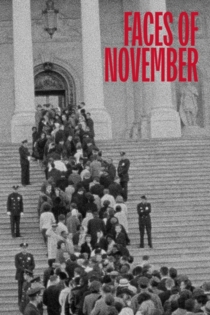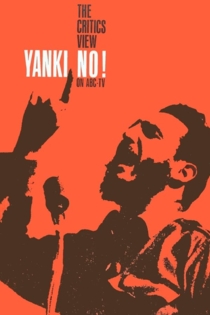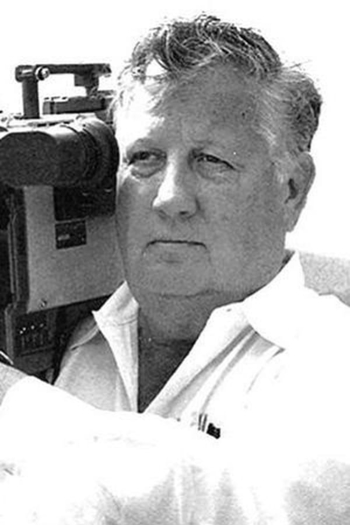
Robert Drew
1924 - 2014Wikipedia · Text under CC-BY-SA license
Ricky on Leacock
Jane Weiner
Robert Drew, D. A. Pennebaker
A 38-year journey that the director began in 1972 as a young filmmaker and, shooting off and throughout many years, the director filmed many and various encounters between Ricky, his friends and contemporaries including Henri Langlois, Jean Rouch, Jean-Luc Godard, DA Pennebaker, Robert Drew, and others. Mixing her own footage with film clips and rare images from Leacock's personal film archives, this film pays homage to the director's mentor and, most importantly, allows him to tell us the story of his long film making career in his own words.
Ricky on Leacock

The Sun Ship Game
Robert Drew
Gleb Derujinsky, George Moffat
Flying hundreds of miles a day through wild weather with no engine requires feats of airmanship unprecedented in human history and known before only to the birds. George Moffat and Gleb Derujinsky are great pilots and good friends who compete in the sport of Soaring for speed and distance in aircraft without engines - sleek competition gliders. Both would like to win the U.S. Soaring Championship. Derujinsky relies most on feel and creative impulse to sense his way through invisible air currents. Moffat does the same but relies more on a hand calculator he constantly works in his cockpit. This film 'The Sun Ship Game', voyages with both pilots into the sky at a regional contest in Vermont and into wild weather with eighty three other competitors in Marfa, Texas. Through eight days of hard flying in skies alternately filled with brilliant beauty and black violence, their two approaches arrive at a dramatic conclusion and one of them is named the U.S. Champion.
The Sun Ship Game

Crisis: Behind a Presidential Commitment
Robert Drew
James Lipscomb, John F. Kennedy
During a two-day period before and after the University of Alabama integration crisis, the film uses five camera crews to follow President John F. Kennedy, attorney general Robert F. Kennedy, Alabama governor George Wallace, deputy attorney general Nicholas Katzenbach and the students Vivian Malone and James Hood. As Wallace has promised to personally block the two black students from enrolling in the university, the JFK administration discusses the best way to react to it, without rousing the crowd or making Wallace a martyr for the segregationist cause.
Crisis: Behind a Presidential Commitment
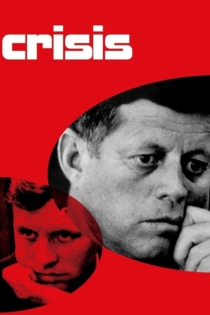
A President to Remember: In the Company of John F. Kennedy
Robert Drew
Jacqueline Kennedy, John F. Kennedy
Bringing to life an American President who was widely respected by his countrymen and celebrated around the world. Composed from four break through films by Robert Drew, each an unprecedented record in candid photography of a phase of John F. Kennedy’s political life. Kennedy is seen in close up from young Senator campaigning for the Presidency, to an ebullient new President moving into the White House, to a burdened President trying to solve grave problems in the Oval Office. The shock of his death is seen through the faces of his compatriots. Now these four films are edited together with other footage of the time. This film is an intimate history of how one American President struggled to bring wisdom and honor to the office of the Presidency.
A President to Remember: In the Company of John F. Kennedy
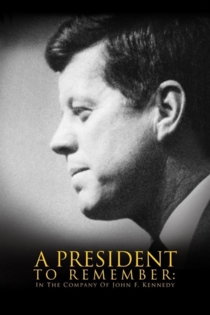
Primary
Robert Drew
John F. Kennedy, Hubert H. Humphrey
Primary is a documentary film about the primary elections between John F. Kennedy and Hubert Humphrey in 1960. Primary is the first documentary to use light equipment in order to follow their subjects in a more intimate filmmaking style. This unconventional way of filming created a new look for documentary films where the camera’s lens was right in the middle of what ever drama was occuring.
Primary
